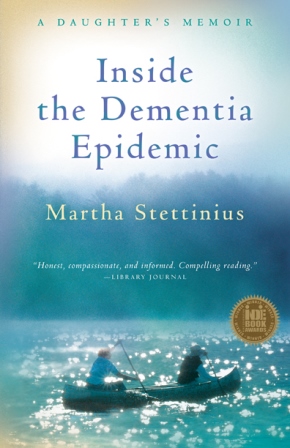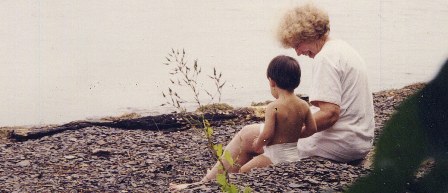Podcast: Are We Prepared for the Growing Need for Elder Care?
 Tuesday, December 9, 2014 at 08:38PM
Tuesday, December 9, 2014 at 08:38PM  Dr. Karl Pillemer, me, host Catherine Roper, and Dr. Bill Thomas at NPR elder care panel discussionHow can we as communities, families and individuals do a better job planning for the aging process and the needs of our growing elder population?
Dr. Karl Pillemer, me, host Catherine Roper, and Dr. Bill Thomas at NPR elder care panel discussionHow can we as communities, families and individuals do a better job planning for the aging process and the needs of our growing elder population?
I feel very honored to have been invited to participate in an NPR panel discussion on elder care issues with Dr. Bill Thomas, Dr. Karl Pillemer and host Catherine Roper of radio station WRVO, which was broadcast in late November 2014. In a post today for ChangingAging.org I summarize our discussion, including the questions we were asked by the live audience in Upstate New York.
The podcast is well worth listening to, I believe, because of the sheer range of topics that we touch upon and my fellow panelists’ innovative ideas about aging well not “in place” but "in community.”
The topics we talk about, which are too numerous to list in their entirety, include:
- What should you consider before moving a parent into your home?
- Is it worth the cost to hire a geriatric care manager to assess your family’s situation and design a care plan that meets your specific needs?
- What kinds of free support are available for family caregivers?
- How can we encourage family caregivers to see themselves not just as family members or friends but as caregivers who need and deserve information and support?
- Why do communities need government and volunteer support of transportation services in rural areas, and alternatives to having elders drive from rural areas to far-away cities to consult with specialists?
- As you age and your friends move away or die, why is it important to keep adding new people to your “funnel” of friendship?
- How can new technology help caregivers find support or monitor a loved one who lives far away?
- How is caring for an aging spouse or partner different than caring for an aging parent, and why do spousal caregivers often receive much less help in the home than other types of caregivers?
Read more, or listen to the podcast, here.


















Reader Comments